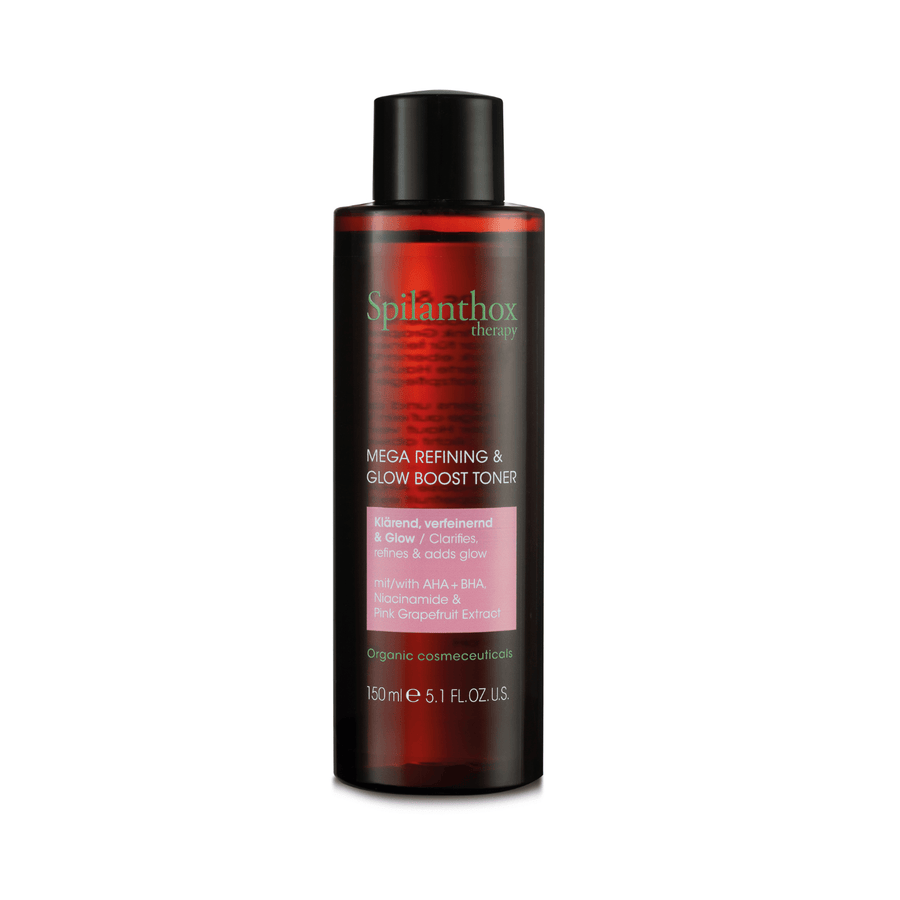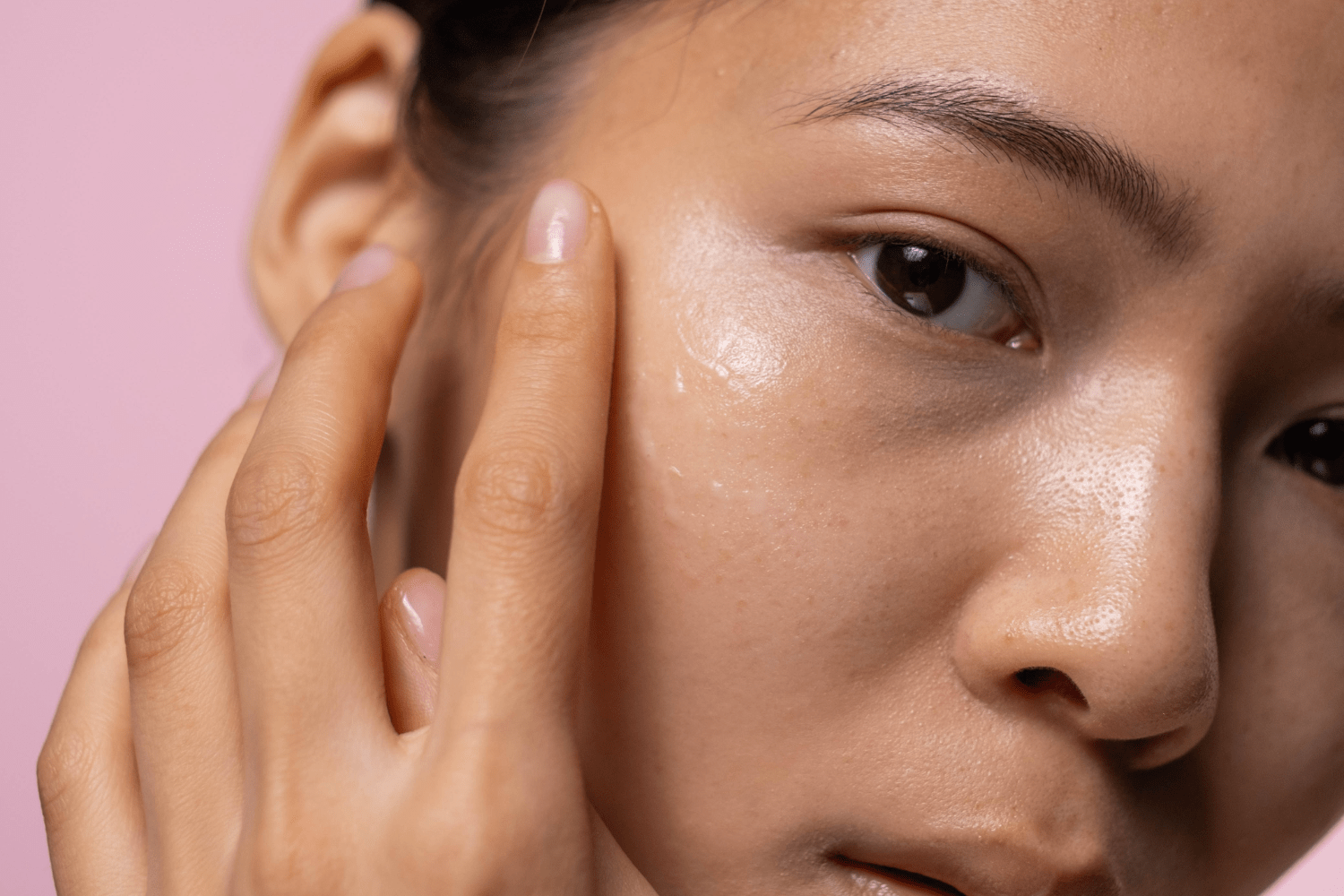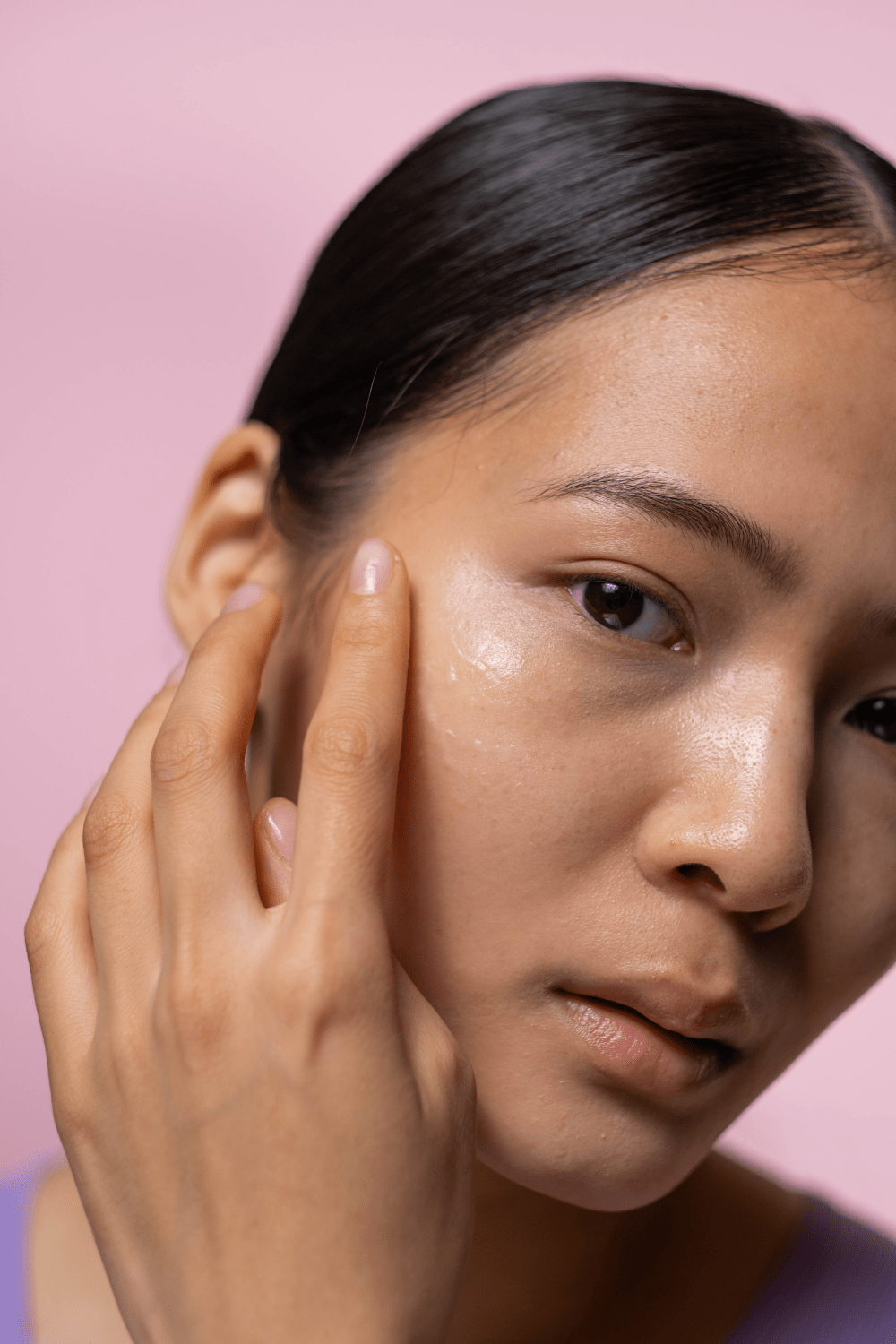-
Shop
-
- Our story
- Way it works
- Login
Your cart is currently empty.
10 € discount – subscribe to our newsletter now!
Legal
Spilanthox
Categories
We accept
© 2026
Spilanthox therapy
Address: NB Green Cosmetics GmbH (Nikki Benett Green Group) 22765 Hamburg/Germany Contact details: info@spilanthox.shop
Powered by Shopify



